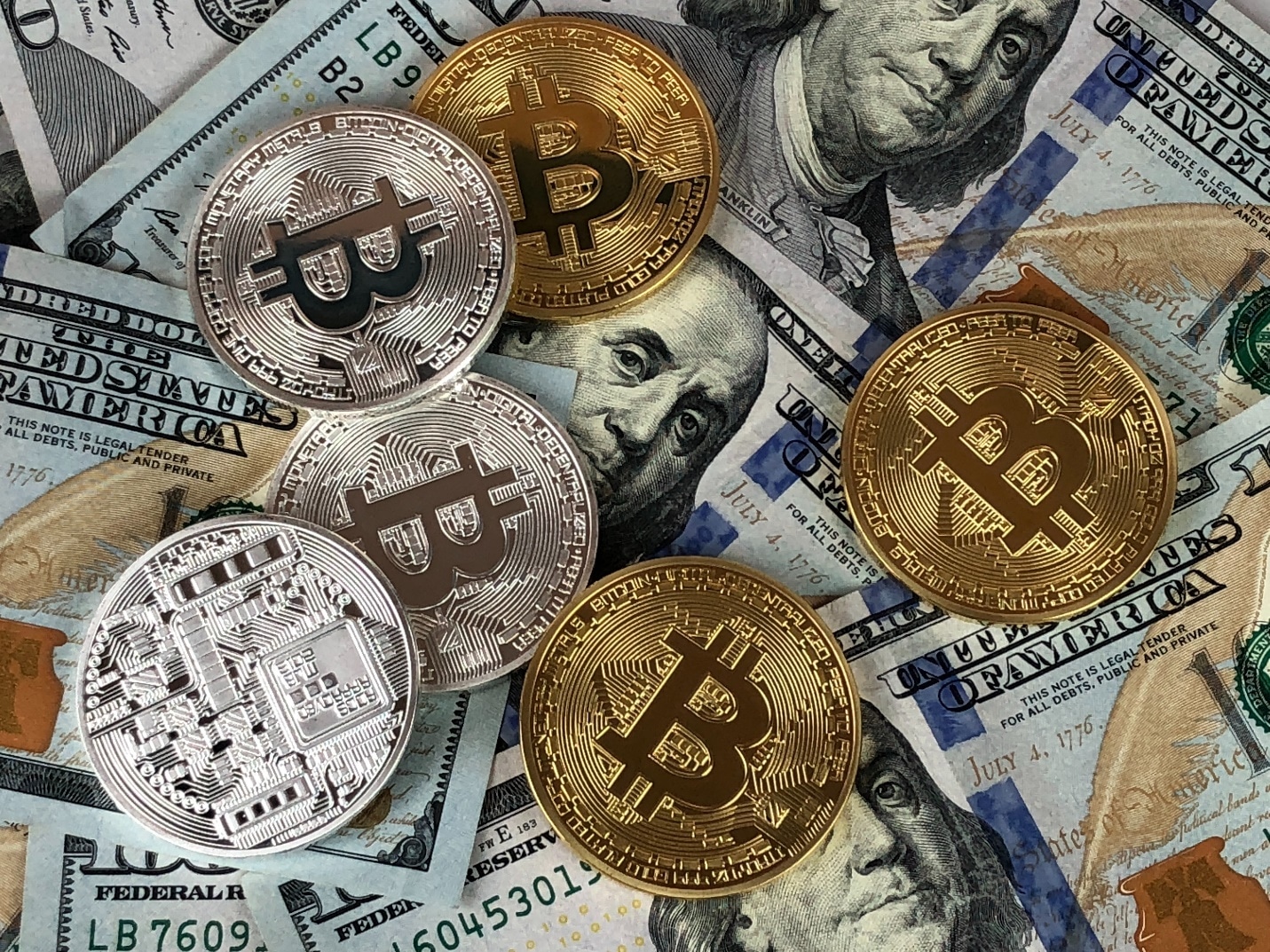What Makes Bitcoin Price Go Up or Crash Down?

Bitcoin, Cryptocurrencies, Investment
Bitcoin is the most popular form of crypto trading today. Over the years, the bitcoin price has been fluctuating, and many long-term investors have significantly profited from it. If you look at the bigger picture, it gives a higher return on investment than some major stock markets, including Amazon and Tesla.
Statistically, in a span of five years, bitcoin went from just $1000 to over $30,000. And when you look at the stockholders of Amazon, the figures would be around $835 to approximately $3130. While that certainly is a good return, it doesn't even come close to bitcoin holders' profit.
So, this brings us to the question, what are the factors that make bitcoin prices go up or crash down? Let's find out!

Factors Influencing Bitcoin Price
The stock market is full of uncertainties, and the same is the case with bitcoin. While many experts claim that bitcoin is not affected by the market shocks that greatly affect traditional markets, it is not 100% true.
In addition to being affected by market shocks, bitcoin price is also influenced by certain other factors that don't affect traditional markets.
Here is a list of all the factors influencing bitcoin price:
Social Media
Social media has the most considerable influence on the bitcoin price. Bitcoin gives investors collectibles as bitcoin is a product rather than being a share in a company. When it comes down to bitcoin pricing, it fluctuates more with how people feel about it at any given moment.
The statement, people are power applies to the bitcoin market. Some experts even suggest more social media posts about it when the bitcoin price is rising. But as the number of posts reduces, the price crashes down with it. While it is not perfect, it is still one way to predict the rise or fall in bitcoin price.
Another critical factor that plays a huge part here is the role of social media influencers. When Elon Musk, the CEO of Tesla, tweeted that he would consider investing in bitcoin, the price surged and rose off the charts. More and more people felt the need to invest in bitcoin because of that one particular statement.
If you look at the patterns, bitcoin price is influenced by how people perceive digital currency. If they feel they need to invest in it to earn passive money, its price will increase. Think of it as more of a trending thing. If everyone else is doing it, you would want to do it too. That's how social media either push the price upward or crashes it down by creating a perception in people's minds.
International Regulations
China and the US had the most influence on the bitcoin price out of all the countries. In September 2021, China declared all cryptocurrencies illegal, which extensively crashed the price. It meant that no companies could sell bitcoins in China as it is strictly banned. A significant number of bitcoin traders were from China; when it was banned, the number of bitcoin miners went down automatically, and thus the price crashed.
Moreover, when US president Joe Biden passed the infrastructure bill also negatively influenced the bitcoin price as the bill required companies to report tax data of customers. But by the nature of such companies, they did not collect any such data.
A silver lining was seen by crypto investors just a month after the infrastructure bill was passed when the Securities and Exchange Commission hinted that there might be a future in exchange-traded funds (ETFs) for bitcoin.
Besides, the US and China, the UK, India, and Thailand also influence the bitcoin price.
Market Shocks
Many believe that there is no correlation between market shocks and bitcoin price. But if you look at the market trends, you will find that the bitcoin price reacts directly to some of the major, if not all, market shocks.
One of the most prominent examples of this reality is the coronavirus pandemic. Like how all the other stock markets suffered from the lockdown back in 2022, the bitcoin price was also negatively impacted. There was a 57% drop in the price of bitcoin. Fortunately, it recovered in the following year, and its price rose once again.
Of course, bitcoin is not affected by all market shocks and events. It is different from the traditional stock market, and one of the most significant differences between the two is how market events impact them.
Taking the example of Tesla's CEO once again, when Elon Musk stated that he would no longer be accepting bitcoin payments in 2021, the bitcoin price fell significantly, which negatively impacted traders. The price fell just as quickly as it rose, all because of a single statement from one person.

Conclusion
If you look at the whole picture, you'll find that social media, in general, has a lot to do with the price of bitcoin. While many factors influence bitcoin price, social media influencers play a large part. When people are raving about Bitcoin on social media, the price is peaked. But when fewer people talk about bitcoin online, you'll find the bitcoin price at its lowest, or at least it won't be at its peak.
International regulations also affect crypto trading significantly. Since crypto trading is banned in China, the US plays a vital role in bitcoin prices. Any future policies by the US's Securities and Exchange Commission (SEC) can greatly influence the bitcoin market.
Market shocks like the coronavirus pandemic and inflation also affected the bitcoin price. Even though not all market shocks and inflation result in a rise or dip in the bitcoin price, it still has some impact. You could say that it ultimately depends on the extent of the market shock. Since the Covid-19 struck the whole world, it greatly impacted bitcoin prices. If the outbreak only influenced a few countries, the bitcoin price may not have crashed as much as it did in 2020. But the market trends are constantly changing, and in the future, there might be different factors that might influence the bitcoin price.


